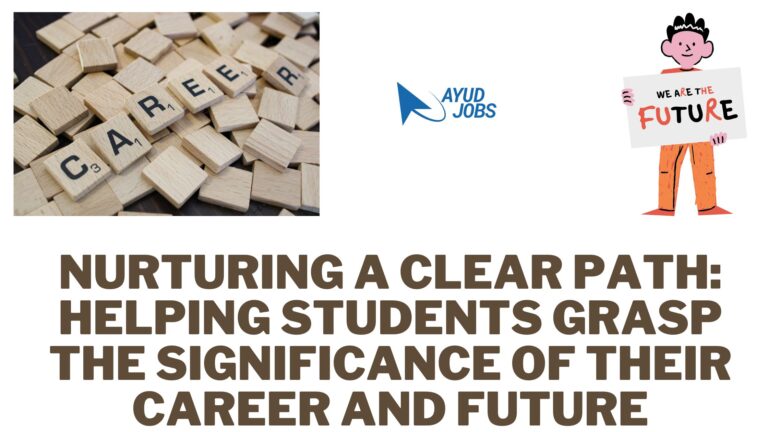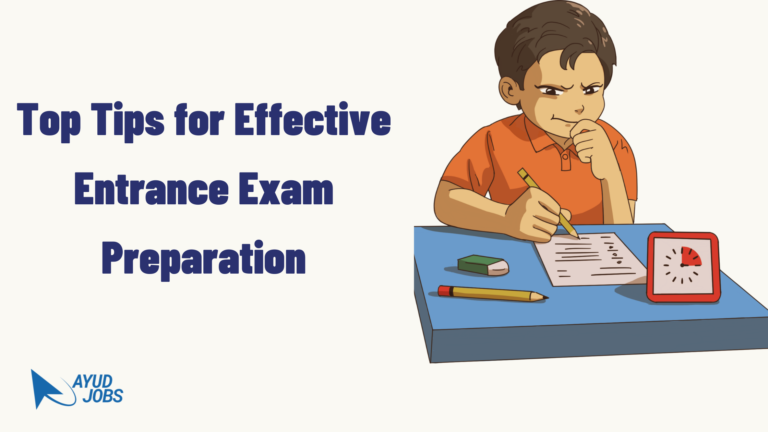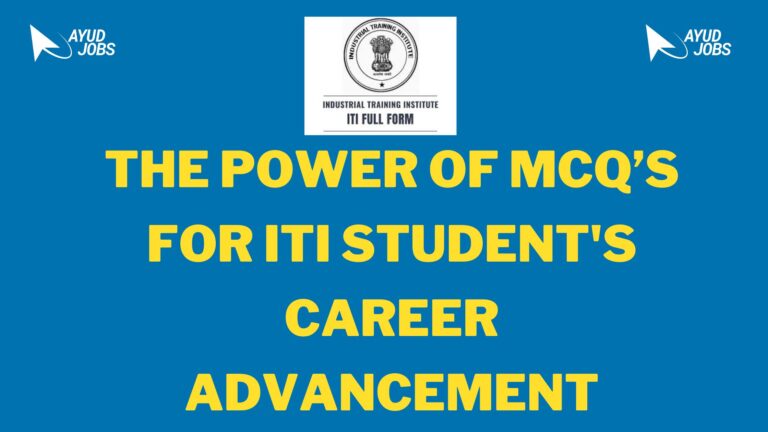From Classroom to Career: Tips for Students on Achieving Career Goals
From Classroom to Career: Tips for Students on Achieving Career Goals
Introduction
Transitioning from the classroom to a career can be daunting. For students, the path to achieving career goals may seem unclear. However, with the right strategies and mindset, this journey can be both fulfilling and successful. This blog provides actionable tips for students to smoothly transition from their studies to their desired careers.
Understanding Your Career Goals
First, you need to understand your career goals. Knowing what you want to achieve makes planning easier. Reflect on your interests, strengths, and values.
Ask yourself:
What am I passionate about?
What are my strongest skills?
What values are important to me in a career?
Setting SMART Goals
Set SMART (Specific, Measurable, Achievable, Relevant, Time-bound) goals. These goals provide clear direction and help you stay focused. For example, instead of saying, “I want to be successful,” specify, “I want to secure an entry-level marketing job within six months of graduation.”
Building a Strong Academic Foundation
Your academic performance plays a crucial role in your career. Focus on excelling in your studies. Participate in class, complete assignments on time, and seek help when needed. Good grades can open doors to internships and job opportunities.
Gaining Practical Experience
Internships
Internships offer hands-on experience in your field of interest. They provide a glimpse into the working world and help build professional networks. Apply for internships early and use these opportunities to learn and grow.
Volunteering
Volunteering is another way to gain experience. It shows potential employers that you are proactive and dedicated. Look for volunteer opportunities related to your career goals.
Developing Soft Skills
Communication Skills
Strong communication skills are essential in any career. Practice speaking clearly and confidently. Engage in discussions and presentations to enhance these skills.
Time Management
Time management is crucial for balancing academic responsibilities and extracurricular activities. Create a schedule and stick to it. Prioritize tasks and avoid procrastination.
Building a Professional Network
Networking is key to career success. Attend industry events, join professional organizations, and connect with alumni. Use platforms like LinkedIn to build and maintain professional relationships.
Crafting a Strong Resume and Cover Letter
Your resume and cover letter are your first impressions on potential employers. Ensure they are well-written and highlight your strengths and experiences. Tailor each application to the specific job you are applying for.
Preparing for Interviews
Interviews can be nerve-wracking, but preparation can boost your confidence. Research the company, practice common interview questions, and dress professionally. Be punctual and follow up with a thank-you note after the interview.
Continuing Education and Skill Development
Online Courses
The learning doesn’t stop after graduation. Enroll in online courses to keep your skills updated. Websites like Coursera and Udemy offer courses in various fields.
Certifications
Certifications can enhance your resume and make you more marketable. Identify relevant certifications in your industry and pursue them.
Real-Time Example: John’s Journey from Classroom to Career
John, a marketing student, knew he wanted to work in digital marketing. He set a SMART goal to land a job in this field within six months of graduation. John excelled in his studies, participated in marketing competitions, and secured an internship at a local marketing firm.
During his internship, John developed strong communication and time management skills. He networked with professionals and built a LinkedIn profile. After graduation, John tailored his resume and cover letters for each job application. He prepared for interviews by researching companies and practicing common questions.
John’s hard work paid off. He received a job offer from a renowned digital marketing agency three months after graduation. His journey from classroom to career serves as a testament to the importance of goal-setting, practical experience, and continuous learning.
Conclusion
Achieving career goals requires a combination of academic excellence, practical experience, skill development, and networking. By setting SMART goals, gaining hands-on experience, developing soft skills, and continuing education, students can successfully transition from the classroom to a fulfilling career. Remember, the journey may have challenges, but with determination and the right strategies, you can achieve your career goals.
#CareerGoals #StudentSuccess #InternshipTips #Networking #SoftSkills #ResumeWriting #InterviewPreparation #ContinuousLearning #CareerTransition #JobSearchTips #ayud #ayudjobs #askayud #MultiLanguageSupport #ResumeBuilder #gotestit #ayudian #ayudblog
How to Use Ayud Jobs Application: A Comprehensive Guide
Join our what’s app channel for timely updates
Click here to install Ayud Jobs App from Playstore
Job Providers: https://api.ayudjobs.com/client/register
How to Use Ayud Career Booster Application: A Comprehensive Guide
Mastering Knowledge with GoTestIt: The Ultimate Self Evaluation Tool








Nice